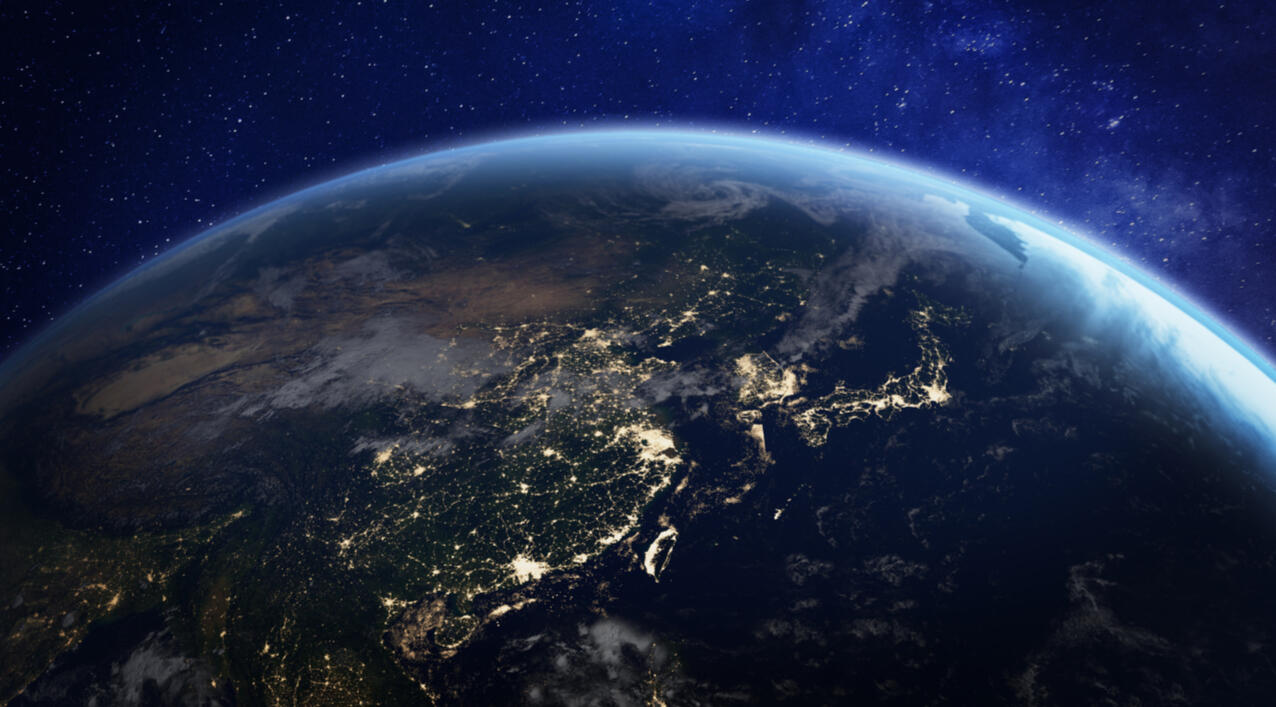Life, Earth and Beyond
Exploring the chemistry of life, the geology of worlds, and the questions that connect them.Life, Earth, and Beyond is a YouTube series and visual and AI-powered project about how life began, why it endures, and where it might emerge again.
Who is behind this project

Dr. Marc EgelhoferBiologist, Chemist & Science CommunicatorDr. Marc Egelhofer combines a deep background in biology and chemistry with a knack for making complex science understandable. With a PhD in biochemistry, he has spent years studying the processes that shape life, from the lab bench to larger biological systems.Today, at LabV, he works at the intersection of modern lab research, data, and AI, exploring how technology can help us make sense of complex biological and chemical phenomena. Beyond his work in marketing, Marc is passionate about sharing science in ways that are clear, engaging, and inspiring—showing that curiosity and understanding go hand in hand.For Life, Earth, and Beyond, he’s a great example of how science and storytelling can come together, helping us connect with the big questions about life, its origins, and how we study it today.
The Videos
A new Nature study shows how amino acids can spontaneously link to RNA and even form short peptide–RNA hybrids in water — without enzymes or cells. These simple reactions may reveal how genetic molecules and proteins first came together at life’s beginning.
How did Earth get its water? A groundbreaking study reveals a surprising origin story that doesn’t rely on comets or asteroids. Instead, Earth’s water might have formed naturally through interactions between hydrogen-rich atmospheres and molten planetary interiors. Learn how this cosmic process could explain not only our planet’s oceans but also hint at water on distant exoplanets.
In this video, we explore what these numbers mean for life on Earth’s past, present, and future — and what they might tell us about the limits of life as our planet slowly changes over the next billion years.
Upcoming video
A discovery from the V883 Orionis system shows that the chemistry leading to life may be far more universal than we ever imagined.
Contact Us
Any new paper we should talk about? Any suggestions? Drop us a line.


